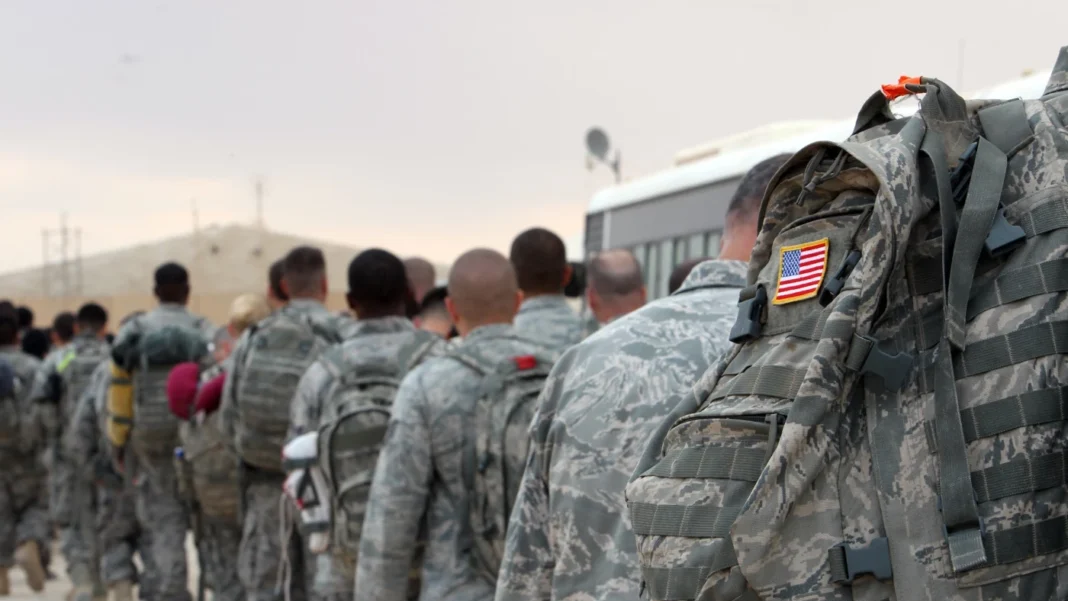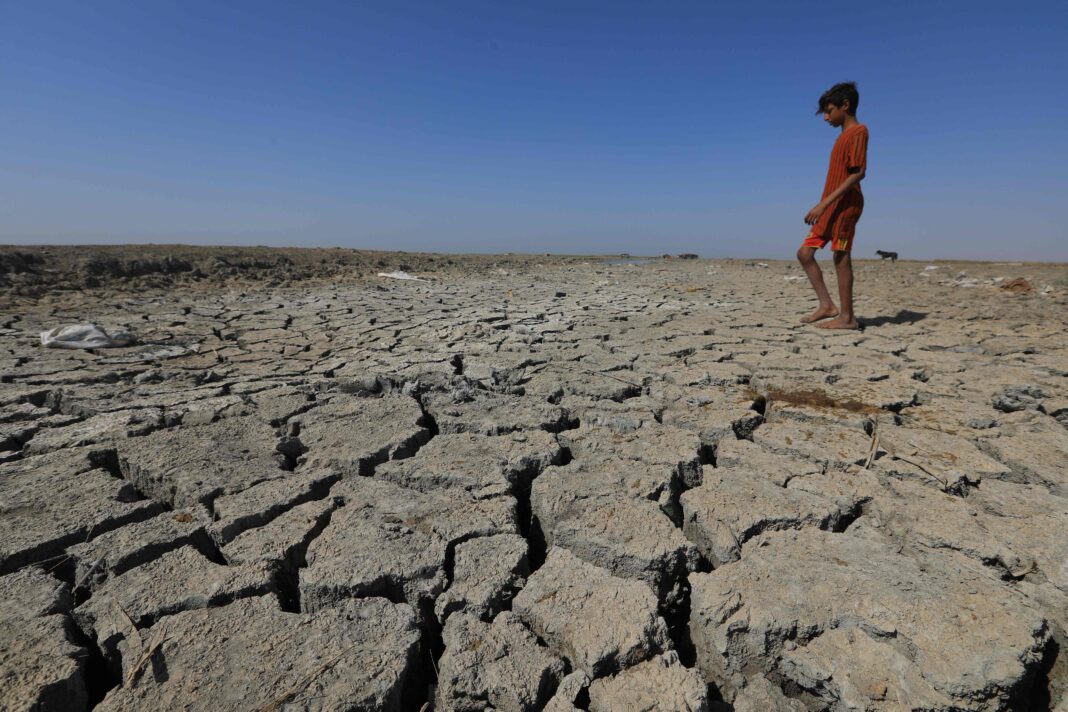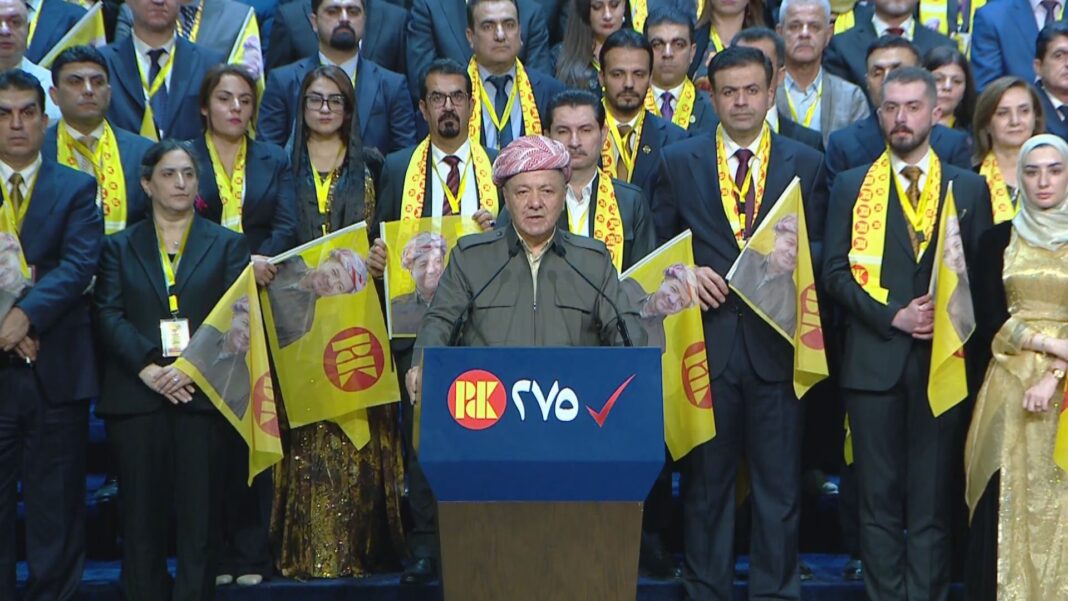US military advisers in Iraq will remain at two key locations as the phased withdrawal of American forces moves forward. Iraqi sources confirmed on Saturday that two advisory bases will stay active under the 2022 Baghdad–Washington security agreement.
One base will be in Altun Kupri, a strategic town between Kirkuk and Erbil. The second will be near Erbil, specifically in Harir, located in the Kurdistan Region. Both locations will host dozens of US military advisers responsible for training and coordination missions.
Officials emphasized that the number of advisers is still under discussion. However, they assured it would remain within the limits of the existing agreement. These personnel will provide non-combat support and help with intelligence sharing and military coordination when needed.
Under the bilateral agreement signed in 2022, all US combat forces must leave Iraq by September 2026. The withdrawal is already underway. The remaining American presence will shift focus from combat roles to advisory support and counterterrorism coordination.
Previously, the Global Coalition had around 2,000 personnel stationed across Iraq. By the time the transition ends, fewer than 500 will remain. Most will be based in Erbil, with others redeployed to Kuwait or other regional locations.
Baghdad has framed this shift as a positive development. Iraqi officials call it a “restoration of sovereignty” that still maintains security cooperation with the United States. They believe the ongoing presence of advisers supports Iraq’s ability to defend itself without direct foreign combat forces.
Meanwhile, Iran-aligned groups in Iraq have described the drawdown as a political and strategic win. These groups have long pushed for a complete US military exit. Their leaders hailed the new agreement as a “victory for the resistance.”
In contrast, Kurdish authorities have expressed support for keeping a limited US military presence. They argue that US military advisers in Iraq are vital to maintaining stability in the north. The Kurdistan Region continues to face threats from ISIS remnants operating in nearby areas.
As the 2026 deadline approaches, all sides seem committed to balancing sovereignty with security. While fewer in number, US military advisers in Iraq will continue to play a key role in training, coordination, and regional stability.



